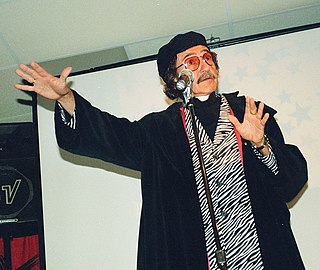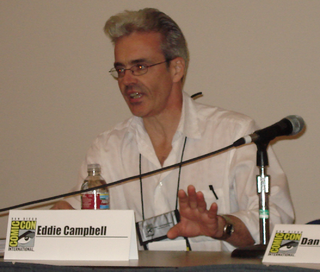A Quote by Jess Row
When I read 'Another Country' when I was in my early 20s, you know, as soon as I put the book down, my first thought was, 'I will never be able to write a book like this.' And my second thought was, 'I really want to try writing a book like this for the 21st century.'
Related Quotes
When I published my first work, I thought I would never be able to go back to Lebanon. I thought they'd arrest me at the airport. I thought I would change literature as we know it. I thought I'd have men lining up at my door wanting to be my boyfriend. But later I discovered that no one read the book. Or no one cared. Right now, I have only one book translated into Arabic. Someday, maybe if the Syrian regime falls, there will be others, but probably another regime will come into power and it will employ just as much censorship.
Write what you want to read. So many people think they need to write a particular kind of book, or imitate a successful style, in order to be published. I've known people who felt they had to model their book on existing blockbusters, or write in a genre that's supposed to be "hot right now" in order to get agents and publishers interested. But if you're writing in a genre you don't like, or modeling yourself on a book you don't respect, it'll show through. You're your first, most important reader, so write the book that reader really wants to read.
The second book, which was probably more from a professional standpoint - when I read Junot Díaz's Drown, I was like, Oh my god, you can write these stories and people will actually read them beyond your own little community. This guy's book is blowing up and it seems like [he's writing about] the neighborhood that I grew up in. That was a big deal. I read that in graduate school, so that's when I was really taking writing seriously, but I didn't know you could do it. I didn't know you can actually be an author. It was a weird epiphany.
You can't write a book if you've never read a book. And if you've read five books and you try to write a book, your book will mainly encompass the themes and the context of the five books you've read. Now, the more books you read, the more you can bring to a book when you decide to write one. So the more rap I learned, the more I was able to bring to rap when I decided to rap. But this was all subconscious.
I thought, "Well, I'm writing about early childhood, so maybe it would make sense to write about late childhood as well, early adulthood." Those were my thoughts, and this was how this crazy book [Winter Journal] was composed. I've never seen a book with pictures like at the end, pictures related to things you've read before.







































